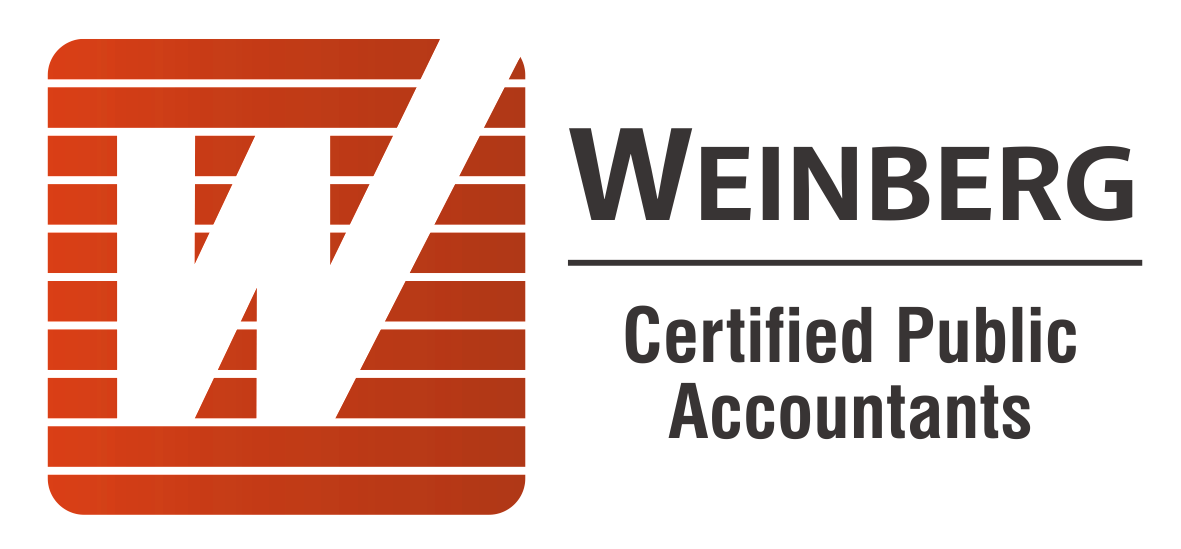SEC Overhauls Disclosure Requirements –
|
SURVEY SAYS…
Voter Confidence in Economy Rises with Job Numbers
With more people returning to work, voters are expressing increased confidence that the economy is recovering, according to a just-released national tracking poll conducted by Morning Consult, a Washington D.C.-based data intelligence and research firm.
The poll, which included a national sample of 1,989 registered voters and released September 11, showed that 52 percent of ALL voters described the U.S. economy as “recovering”, compared to 33 percent who viewed the economy as “worsening”.
That’s an improvement of 9 points since the end of August, when 43 percent of all voters viewed the economy as recovering. Ten percent of respondents said the economy was “not changing”.
Morning Consult reports that the improved sentiment appears to be “more motivated by unemployment, which has fallen to 8.4 percent, rather than by the ups and downs of the stock market.”
The view on the economy was split on party lines. Republican voters had the highest positive view, with 76 percent saying the economy was recovering. That’s up 11 points from the end of August, when 65 percent of Republicans viewed the economy as recovering.
Only 34 percent of Democrat voters said the economy was recovering; 48 percent said it was worsening, and 13 percent said it didn’t change at all.
Independents saw a brighter picture too, with 46 percent saying the economy was recovering in the September survey, compared to 40 percent in Morning Consult’s August survey.
Americans Blame News Media: Biased and Divisive
The nation is politically split. A lot of people don’t like Trump. A lot don’t like Biden. There’s not much the sides agree on — except, they both don’t like or trust the media.
The viewing, reading and listening public says the media is biased, and their distrust of the media is growing, according to a recent Gallup and Knight Foundation American Views Survey, which reported 86 percent of respondents believing media outlets leaned toward one or the other political party.
On the issue of whether bias existed in reporting, 49 percent believed there was a “great deal” of bias, and 37 percent said there was a “fair amount” of bias.
The study, which polled 20,000 U.S. adults, found that 84 percent said that “the media is to blame for political division in this country.”
Those polled also believed that inaccuracies in reporting are designed to push a specific agenda, with 54 percent believing the reporter is misrepresenting the facts, or making them up entirely (24 percent).
Nearly 8 in 10 Americans (79 percent) say news organizations they distrust are trying to persuade people to adopt a certain viewpoint.
Nearly three quarters of Americans surveyed say they see too much bias in the reporting of news that is supposed to be objective, as a “major problem (73 percent). That’s up from 65 percent in the 2017 study.
Quotable
A different kind of accounting–
“Every generation inherits a world it never made. As it does so, it automatically becomes the trustee of that world for those who come after. In due course, each generation makes its own accounting to its children.” Robert Kennedy
An Audited Legacy of Quality
Weinberg & Company is consistently at the very top when it comes to the quality of our work– just check our legacy of stellar PCAOB inspection reports.
We thought we were building a leading, international accounting firm by providing Big 4 expertise with personal service at reasonable fees.
Turns out we were also building “An Audited Legacy of Quality.”
“We believe your capital is best deployed for your company’s growth, not for runaway accounting fees.”

